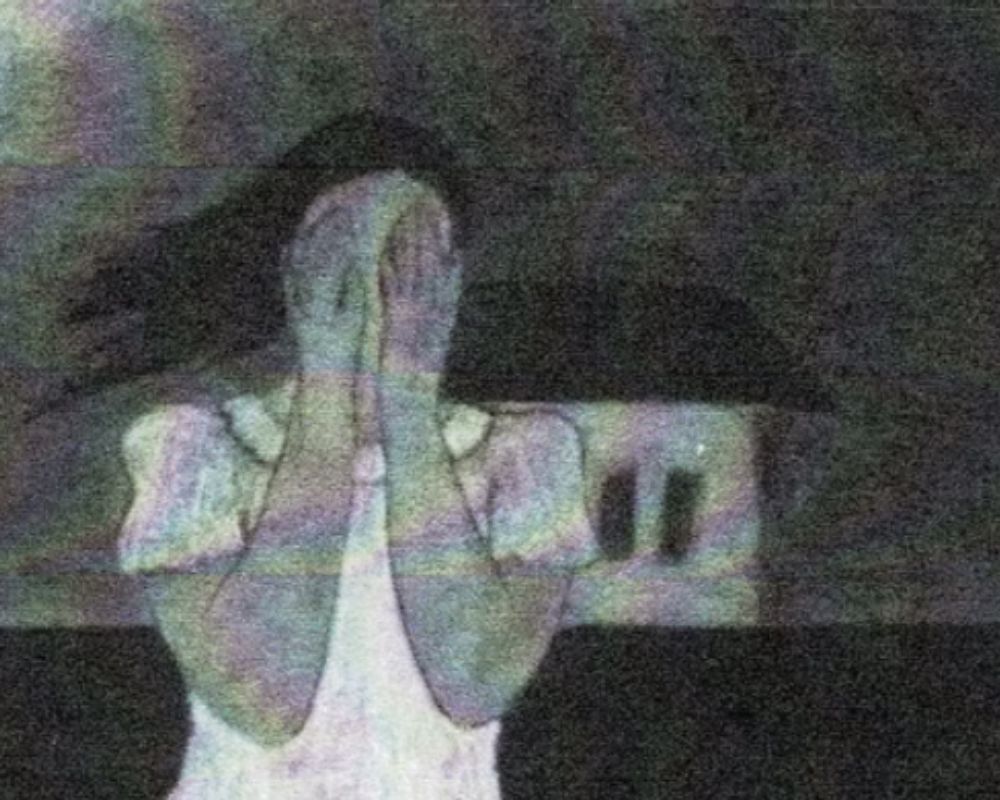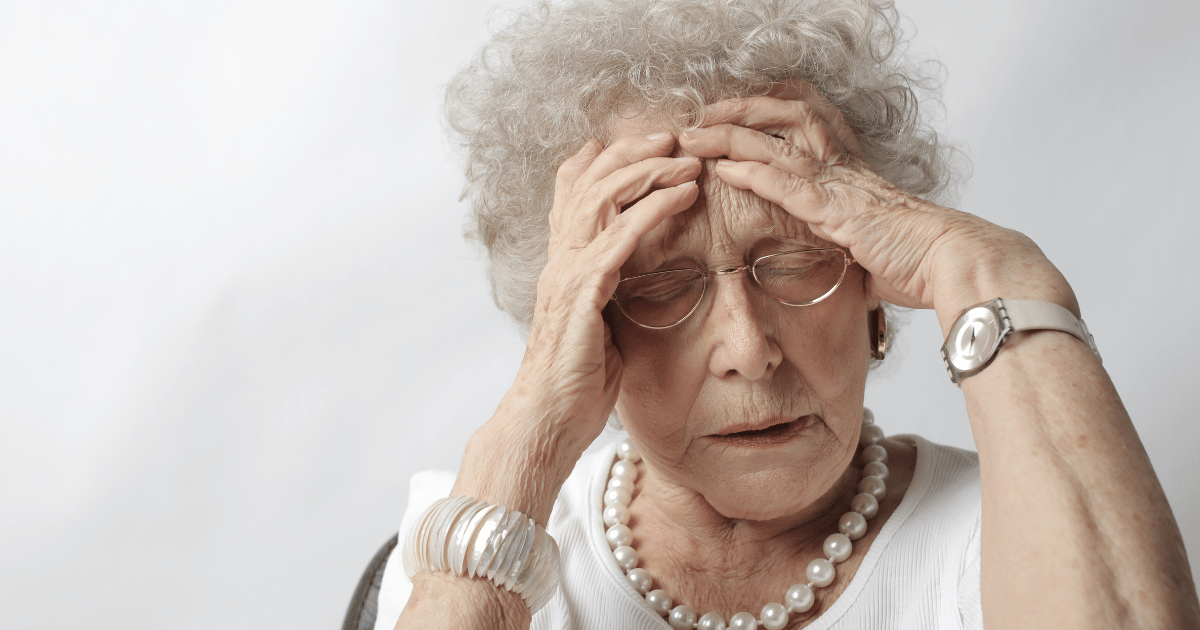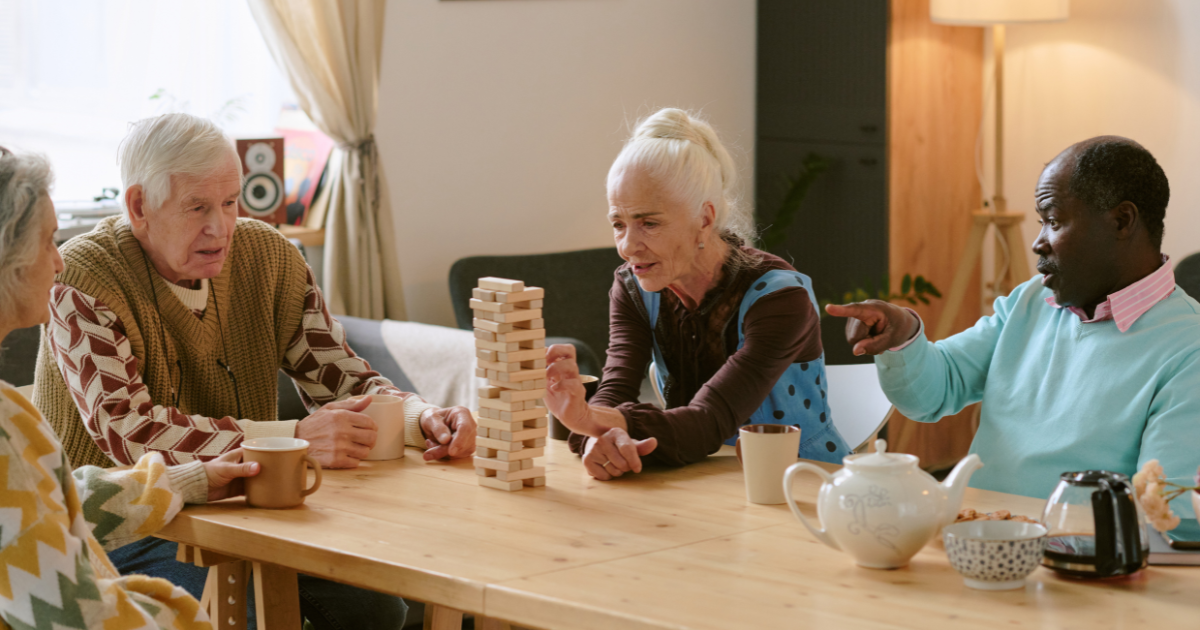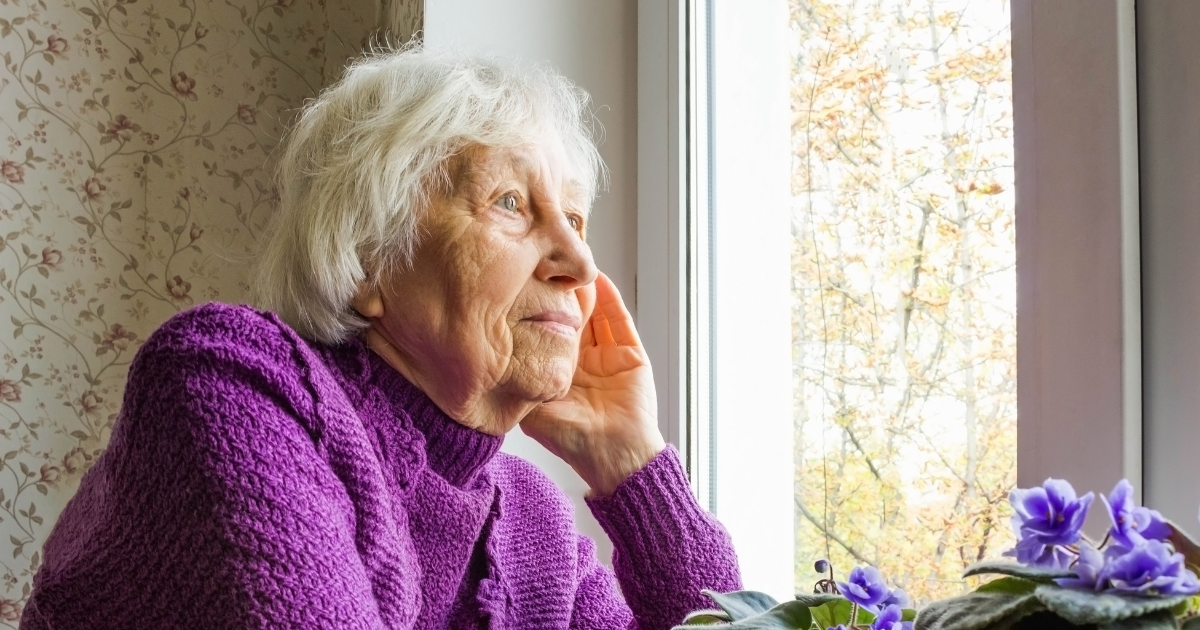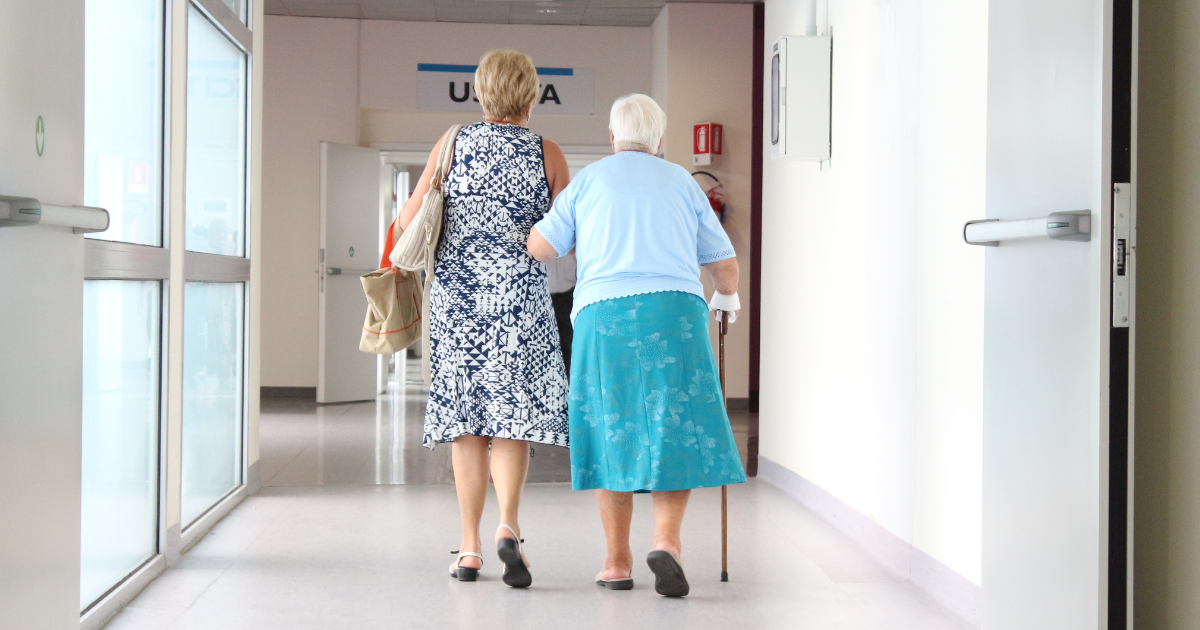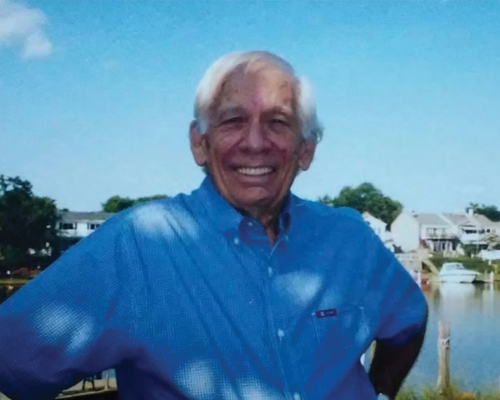8 Signs of Elder Abuse by Family Members
Elder abuse is a deeply troubling issue that affects millions of older adults each year. All too often, the harm comes not from strangers, but from those closest to the victims. I watched this happen first-hand to a special man in my life. We had six fine years together before illness slowed him down and I watched as his daughter isolated him, lied to him, and manipulated him into institutions where he soon died.
When perpetrators are family members, the betrayal cuts especially deep. These abuses range from subtle manipulation to overt violence, and the consequences can be devastating. Recognizing the warning signs of elder abuse by family members early is crucial for prevention, protection, and justice.
What is Elder Abuse?
“Elder abuse is a single or repeated act, or lack of appropriate action, occurring within any relationship where there is an expectation of trust. It is a violation of human rights and includes psychological and emotional abuse, abandonment and neglect – either intentional or unintentional – and serious loss of dignity and respect. It causes harm.” This dry definition is true, as far as it goes. But no words can truly convey the terror, pain, and helplessness of the victim or the distressed and hopeless state of the victims’ loved ones.
It is estimated that 90% of elder abuse is inflicted by family. When family members become perpetrators, emotional bonds and obligations are exploited, making it harder for victims to speak out or seek help.
8 Signs of Elder Abuse by Family Members to Watch For
Below are some, but not all, warning signs of elder abuse you can look out for:
- Confinement or Isolation - this happened to Rob, which you can read about in Chapter 9: True Crime
- Unexplained Physical Injuries
- Sudden Emotional or Behavioral Changes
- Changes in Appearance or Hygiene
- Unusual Financial Activity
- Medication or Medical Control Abuse
- Caregiver Aggression or Indifference
- New “Friends” with Hidden Agendas
Why Family Member Abuse Is Especially Dangerous
When elder abuse is inflicted by family, red flags can often be dismissed as “just family drama.” While in reality, there may be manipulation, isolation, financial theft, or even forced institutionalization, as we’ve shared about in Rob’s personal story. Oftentimes, abusers leverage their trust and proximity to the elder to hide their actions, undermine the elder’s autonomy, and bury any trace of wrongdoing.
Elder abuse by family is a silent disaster hidden behind closed doors. By knowing the key warning signs—from unexplained injuries and isolation to financial exploitation and medication misuse—you can be the shield your loved one needs. Don’t dismiss suspicions; the difference between speaking up and staying silent can mean preserving dignity or preventing tragedy.
How to Prevent Family Elder Abuse: Make a Plan Now
Unfortunately, few people have the time, money and support needed to stop elder abuse of any kind, once it has begun. Very few will ever see the persecutors punished. The best plans are aimed at prevention. My ideas for saving Rob were too late because I didn’t know anything about abuse by family.
There are many kinds of plans, from ideal and detailed to better than nothing. The
FIVE WISHES plan is easy, simple, and not only can help to prevent abuse to you or your loved ones but will help families and caregivers to make the decisions that you would. The Five Wishes cover:
- The person I want to make care decisions for me
- The kind of medical treatment I want or don’t want
- How comfortable I want to be
- How I want people to treat me
- What I want my loved ones to know
You can make a plan in minutes, especially if you have given any thought to the possibility of becoming dependent. It is a good way to start, and it covers the basics. There is also a legal form to make your wishes legal and valid. (There may be a small charge.) You can get much more information about other plans, but this is a quick and easy way to start.
Most of us have a fear of being old and in need of care. We fear loss of independence, pain, being displaced, or being over-or under-treated medically. Everyone needs to know the danger of not having a plan in case of possible need for care. Rob’s story will show the way.


